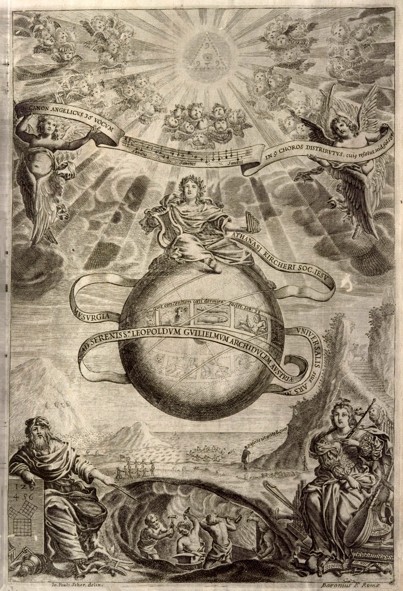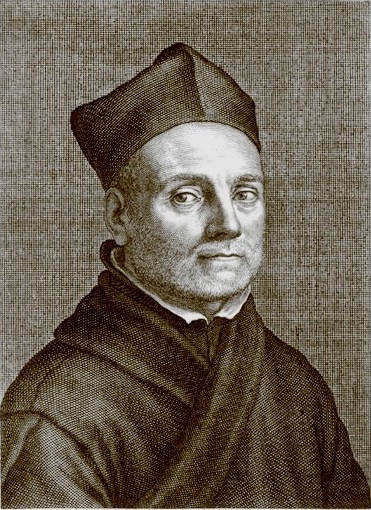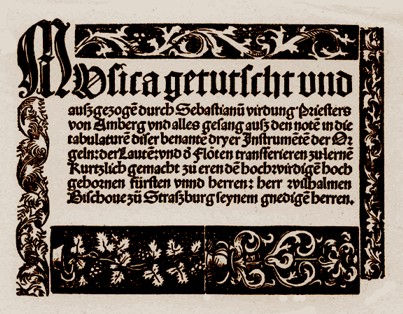|

Da George
J. Buelow, Kircher, in
Grove
Musurgia
universalis, one of the really influential works of music theory, was drawn
upon by almost every later German music theorist until well into the 18th
century. Its popularity was greatly aided by a German translation of a major
part of it in 1662. Kircher wrote about music as an essentially conservative
German rationalist, who saw it as a natural element in the Quadrivium, as part
of mathematical order and, by extension, as a unique symbol of God’s order
expressed in number. He continued to support the essentially medieval view that
the cosmos was revealed in musical ratios and that musical harmony mirrored
God’s harmony. This profoundly theological viewpoint of 17th-century
German music theory clearly extends as far as the music of Bach. Much of
Kircher’s contrapuntal doctrine derives from Zarlino, and in this and some
other respects Musurgia universalis presents a synthesis of 16th- and
17th-century Italian and German compositional practices. A specifically German
feature, however, is the description of the affective nature of music, in which
Kircher brought the concept of musica pathetica into relation with the formal
constructive elements of rhetorical doctrine. He examined rhetorical structure,
poetic metre and musical–rhetorical figures in some detail. In this way he
suggested the means for achieving an emotionally expressive yet rationally
controlled musical style. His ideas concerning the classification of musical
styles, based on sociological as well as national characteristics, are also
original and important for the study of Baroque music.
Although he was
apparently not a practising musician he was able to identify the best music
composed and performed in his own (and earlier) times. In Musurgia
universalis he quoted frequently extensive music examples from composers
such as Agazzari, Gregorio Allegri, Carissimi, Froberger, Gesualdo, Kapsberger,
Domenico Mazzocchi and Morales.
Other aspects of his treatise that
contribute to an understanding of 17th-century musical thought include the
lengthy discussions of acoustics, musical instruments, the history of music in
ancient cultures and the therapeutic value of music.
Kircher’s
insatiable curiosity about ancient cultures, the natural sciences and music,
together with his extensive contacts with scholars throughout the world, led
him to assemble a museum of antiquities and musical curiosities. This Museum
Kircherianum was for long an attraction for visiting musicians as well as for
tourists; it was eventually dispersed among various Roman museums in the 19th
century.
Kircher was fascinated too by all aspects of mechanics and created
a composing machine – the arca musarithmica – that made
automatic composition possible. Although frequently criticized for his
attitudes which to later writers seem unscientific, and often neglected because
of his difficult Latin prose, he was nevertheless one of the leading figures in
the music theory of the Baroque period. |


